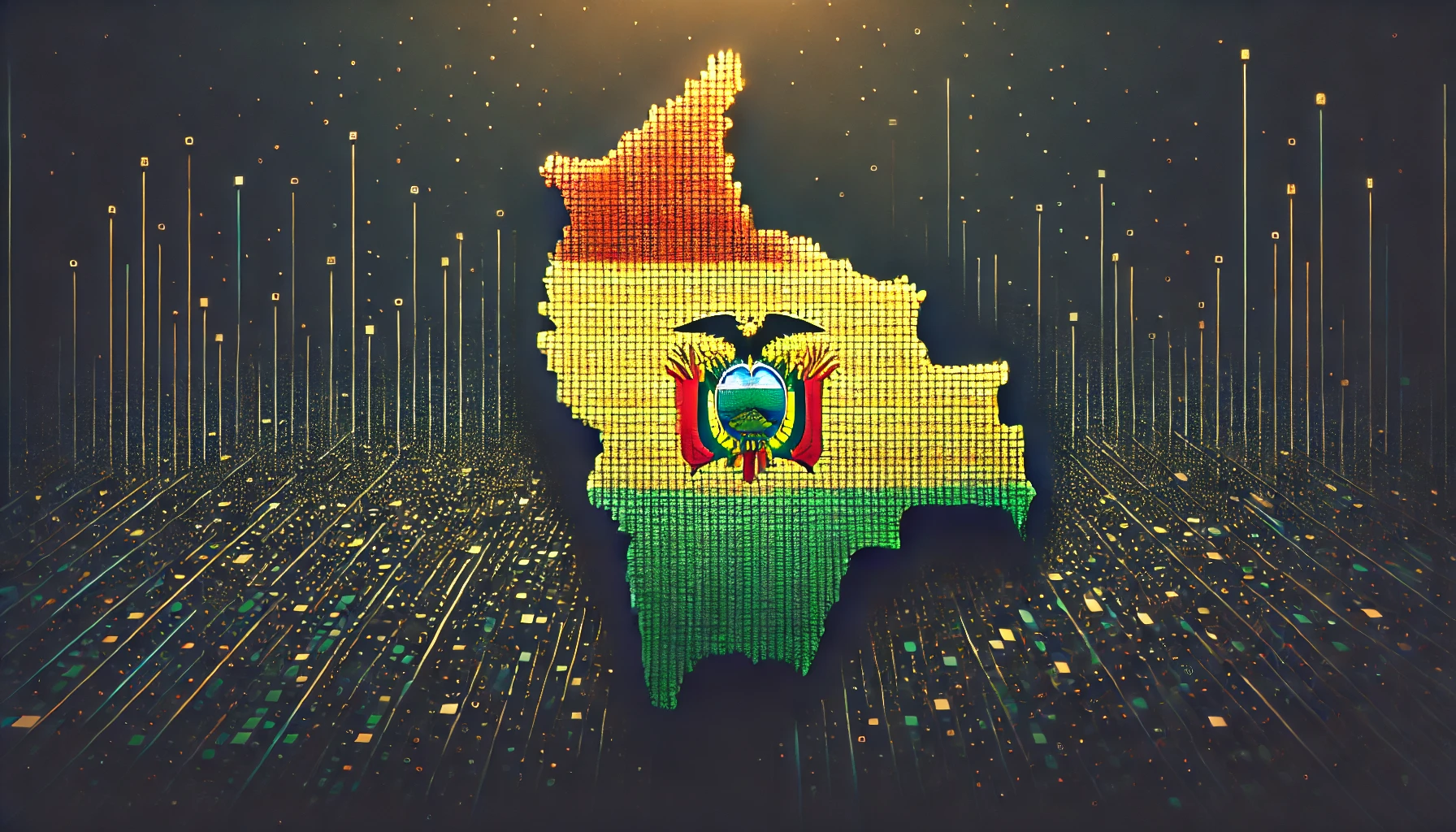Bolivia has lifted the ban on Bitcoin and other cryptocurrencies. On June 26, the Central Bank of Bolivia (BCB) officially announced that banks can now conduct transactions with crypto. This regulatory change revokes Board Resolution N°144/2020, which had been in place since December 2020.
This regulatory adjustment results from a collaboration between the Central Bank of Bolivia, the Financial System Supervisory Authority (ASFI), and the Financial Investigations Unit (UIF).
The update aligns Bolivia with the recommendations of the Latin American Financial Action Task Force (GAFILAT), which has been pushing for adaptations to crypto.
Related: Bolivia’s failed coup tied to the nation’s intent to join BRICS
Although cryptocurrencies can now be traded through authorized electronic channels, the Central Bank of Bolivia has reminded citizens that cryptocurrencies are not considered legal tender.
This means there is no obligation for businesses to accept them as payment. The BCB emphasized this point to ensure the public understands the limitations and legal status of cryptocurrencies in Bolivia.
In addition to lifting the ban, the BCB has announced plans to incorporate information on the risks associated with cryptocurrencies into its Economic and Financial Education Plan. This aims to educate the public on how to safely handle cryptocurrencies and understand the potential risks involved.
Bolivia hated crypto
The ban lift comes after years of stringent regulations. In 2014, Bolivia’s Financial System Supervision Authority issued a resolution prohibiting the use of crypto. This ban cited a lack of consumer protection and the potential for money laundering.
Again, in 2022, the Bolivian central bank prohibited the banking sector from using, marketing, or transacting cryptocurrency assets. The reason given was to protect the public from “risks, frauds, and swindles” and to prevent “economic losses.”
This regulatory change occurs against a backdrop of political and economic turmoil. Recently, Bolivia experienced a dramatic coup attempt. Soldiers took over La Paz’s central square and rammed the presidential palace with an armored truck.
The coup, led by rogue General Juan Jose Zuniga, was put down as quickly as it began. Zuniga was arrested on live TV after realizing he had little support for his actions.
Jai Hamid





